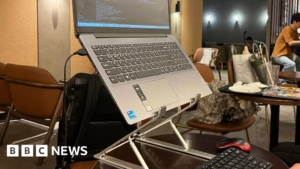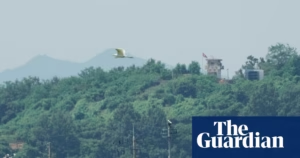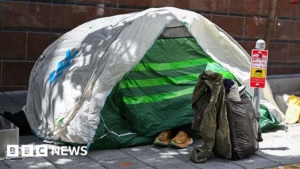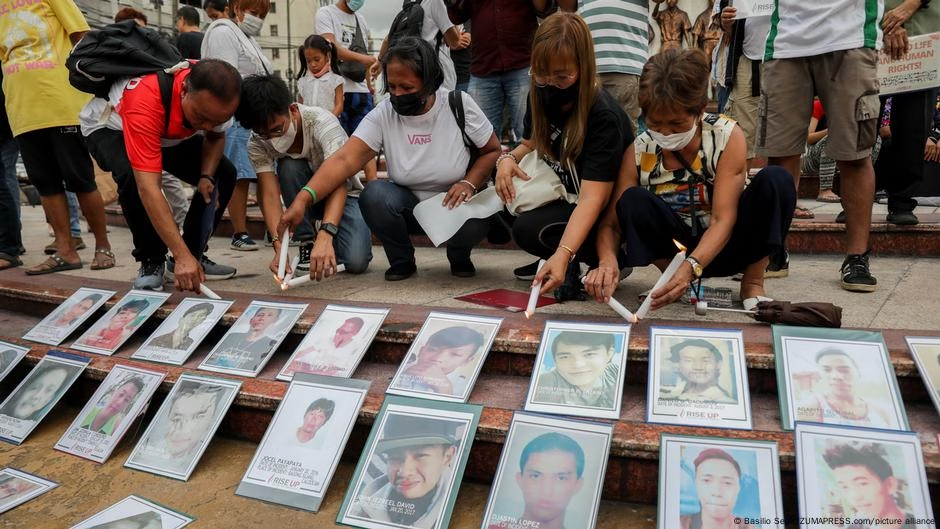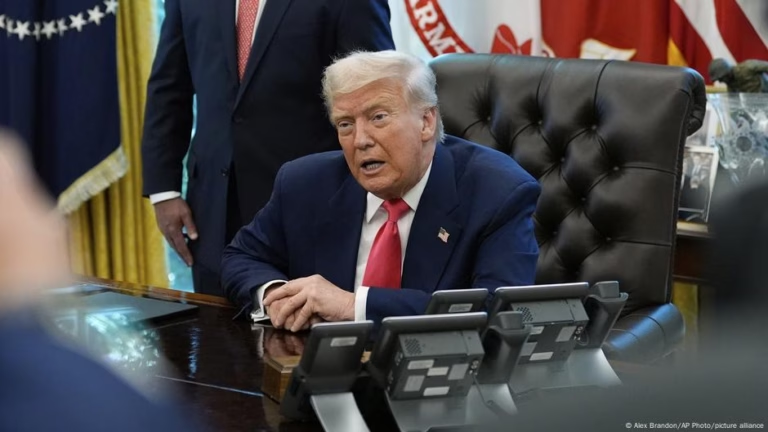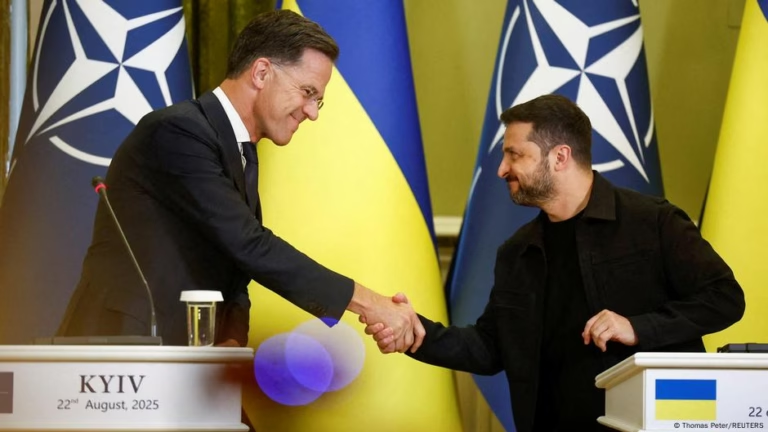Duterte’s “war on drugs” resulted in thousands of deaths, often carried out by unidentified “vigilantes” or by police, which were termed as “death-squad-style extrajudicial executions” by Human Rights Watch.
According to Jasmin Lorch from IDOS, the arrest sends a crucial message for upholding international law and human rights, challenging Duterte’s popularity and the political resistance his policies faced.
Despite his controversies domestically and attempts to withdraw the Philippines from the ICC, Duterte’s arrest may signal a broader acceptance of international legal standards.
For more than half a decade, Duterte’s government was marred by his aggressive crime-fighting strategies and controversial policies, including a harsh war on drugs and crackdown on critics and media.
His legacy remains a topic of intense discussion in the Philippines, with differing views on his impact and the effectiveness of his approach in combating crime.
Image: Reuters/E. De Castro
Critics and the international community have long called for accountability for the alleged human rights violations and extrajudicial killings under Duterte’s administration.
Legal actions and investigations continue to seek justice for those affected by his policies.
Editing by: Wesley Rahn
